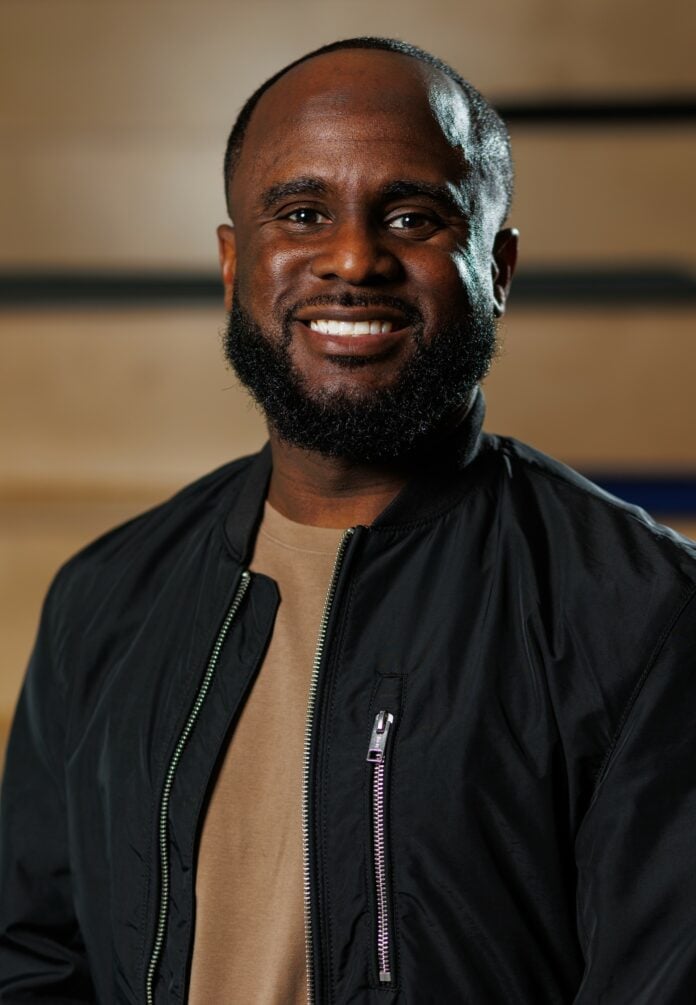While interviewing for new teachers last spring, I noticed something interesting.
During three different interviews, candidates, all with distinct backgrounds and stories, replied to a simple question: “Why a career in teaching?” with a similar response.
Their answers echoed the same theme: the recent education policies being pushed across our country. They perceived the policies not as deterrents, but as fuel. It instilled in me a sense of urgency, passion and determination. I recognized that we may have new entrants into the profession who view the current political climate not as a barrier, but as a call to action.
We know that sometimes the system must be shaken to its core before it can be reimagined. I believe something else is happening: educators, students and communities are mobilizing.
Five years ago, as the COVID-19 pandemic upended education, the mass exodus of teachers sparked fear about the future of the profession. Many questioned whether we could ever recover, let alone rebuild something stronger and better. Amid policy shifts and national urgency, a new flame has been lit. This unexpected spark may not only replace those who left but inspire a new generation of educators with purpose, resilience, and a long-burning passion to teach.
To reveal the cracks in the foundation, sometimes it takes a fire. The outcry over teacher shortages, caused by policy shifts and funding changes, has shed light on the fact that the system was never built to last. Despite the pressures, it cannot be ignored that there is a need for reform. We should be using this to reimagine recruitment and retention.
For too long, the teacher pipeline has relied on outdated systems that exclude diverse voices from the profession. What if this moment demands we finally center justice as non-negotiable in the teacher pipeline?
Diversifying the teaching workforce isn’t just imperative; it’s essential for student success. Many schools are currently grappling with cultural disconnects and achievement gaps; we need educators who reflect the communities they serve. We require policy-driven pressure to lead to intentional investment in recruiting teachers from underrepresented backgrounds, as this could result in a long-overdue transformation.
What if this fire lights the way to a pipeline where diversity is woven into every step?
The profession cannot thrive on burnout, underpayment and broken promises. A sustainable teacher pipeline requires long-term investments in professional development, mental health and livable wages. While the policies in question may not be perfect, they’ve sparked conversations that could lead to permanent change. What if this fire gives us the courage to stop patching leaks and start building a pipeline designed to last?
We didn’t ask for this fire, but maybe it’s the one that forces us to stop settling. Instead of complaining, we can use this moment to create a teacher pipeline that doesn’t just fill vacancies but ignites a brighter future. A future that is rooted in justice, driven by diversity and sustained with care.
Because maybe the spark we didn’t want is exactly what we need for our children.
Dr. David McGuire is an educator and education reporter. He attended school in Indianapolis, K-12, is a graduate of Central State University and holds advanced degrees from Indiana Wesleyan University and Marian University.
DAVID McGUIRE
Dr. David McGuire is an educator and education reporter. He attended school in Indianapolis, K-12, and is a graduate of Central State University and holds advanced degrees from Indiana Wesleyan University and Marian University. In addition to his work as an educator, he also navigates the education system as a parent.





